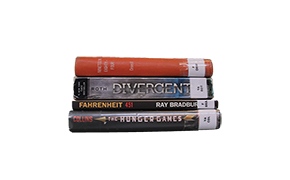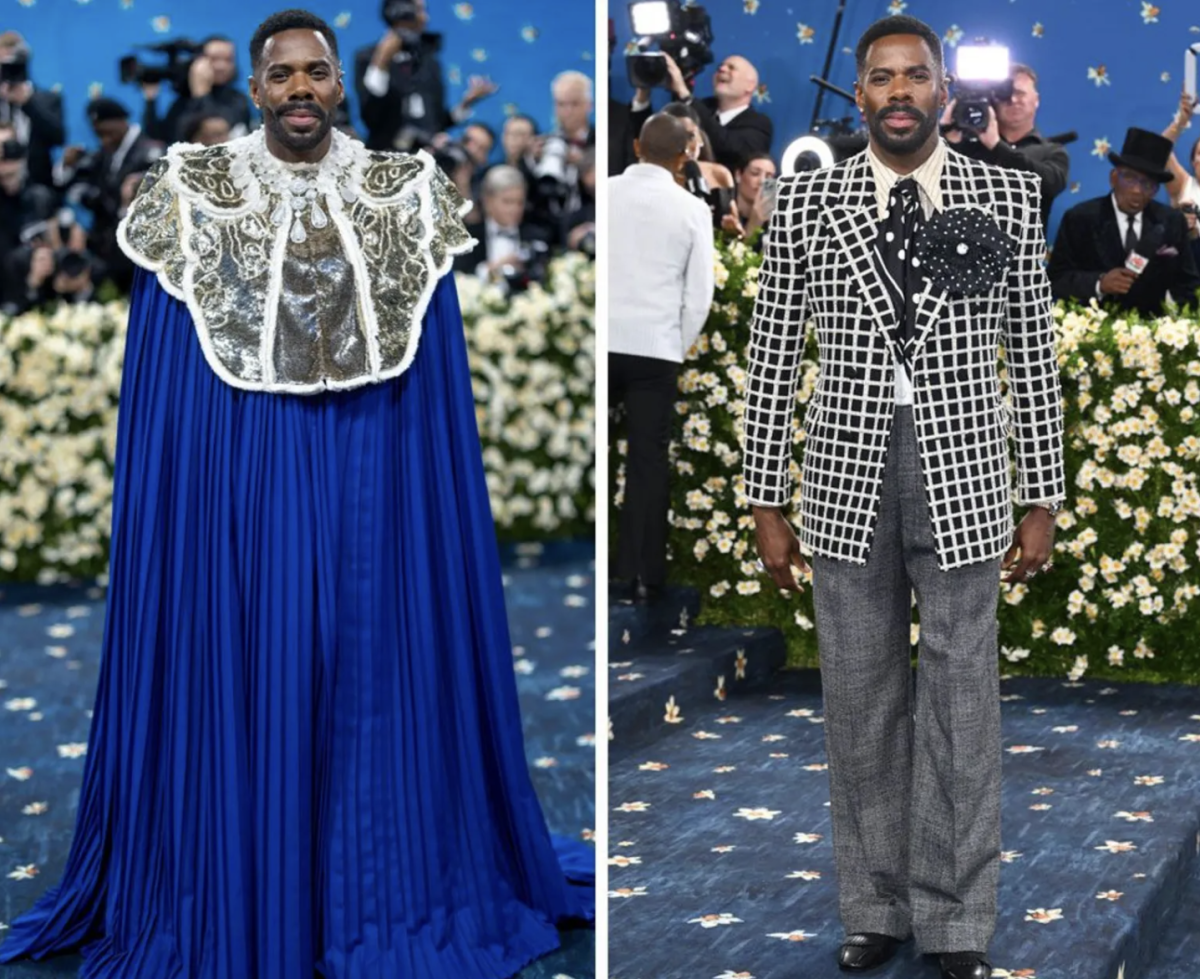Sparked by a slew of new Young Adult Novels, the dystopian genre gains popularity
Dystopian universes? They’re nothing new. Whether a bookshelf is filled with slightly-dusted copies of “A Clockwork Orange,” “1984” and “Farenheit 451,” or dazzling new editions of “The Hunger Games,” “Divergent” and “The Maze Runner,” it’s been human nature, especially for those who devour Young Adult (YA) novels, to fantasize about the appeal of a world gone very, very wrong.
After a break in the genre’s popularity over the past few decades–wherein the written fiction genre seemed to veer away from sci-fi and closer to pure fantasy, a la “Harry Potter”–here was a new explosion of interest thanks to the girl on fire, Katniss Everdeen.
Suzanne Collins’s “The Hunger Games” was published in Sept. 2008, with the sequels “Catching Fire” and “Mockingjay” coming to stands a year later and in Aug. 2010, respectively. When “The Hunger Games” came to the silver screen in 2012, fans of the books filled the theaters along with those who had never read the trilogy.
As its popularity grew, “The Hunger Games” became a dystopian icon, with other books of the genre being lauded as similar to it, such as the novel “No Safety in Numbers,” advertised by Seventeen Magazine as having the “heart-racing chase of ‘The Hunger Games.’”
“Games’” popularity is still strong, with 67 percent of Hockadaisies choosing it over “Divergent” or “The Maze Runner.” Its movie adaptations, especially last year’s sequel “Catching Fire,” seem to have gone over better than this year’s “Divergent.”
“The ‘Divergent’ one seemed to be lacking a little something,” reads one result of Upper School Hockadaisies surveyed, while another claims that “‘Divergent’ could have been a lot better.”
Perhaps some of this can be attributed to “Games’” sheer marketability.
CoverGirl put out a full makeup line with special looks for each district, the 12 geographic factions of the novels’ fictional nation, Panem. Stores such as Hot Topic and websites like ThinkGeek sold T-shirts and mockingjay pins. Tutorials for Katniss’s famous braid exploded on YouTube, with some videos garnering more than two million views. Suddenly, nobody seemed to care whether someone was Team Jacob or Team Edward–arguments about whether Katniss should end up with Peeta or Gale prompted gossip rags to take stances on which boy was good enough for the Girl on Fire.
Though at some point, the latter part disappeared. It stopped being about Katniss, and in the whirlwind of flashing cameras, glitzy makeup and costumes and glamorous interviews, the message of “Games” got lost–oddly ironic, considering that that in itself is the entire plot of the novels.
Everyone who read it saw the events like a member of the Capitol, focusing on the love triangle’s romance, which came second only to the action in the survey.
Perhaps this is why dystopian novels have reclaimed their status as the go-to YA fiction: though undoubtedly few of us would survive the Hunger Games, it piques our interest enough to wonder. Just like the people in “Games,” we are drawn to the books, as they are to their television sets, unable to take our eyes away from the veritable trainwreck of a world the authors create.
As long as human nature prompts us to do so, dystopian novels will remain on the shelf, well-worn, perhaps a fine layer of dust over the cover. The odds are in the favor of dystopian novels: they aren’t going anywhere.
– Maria Katsulos


